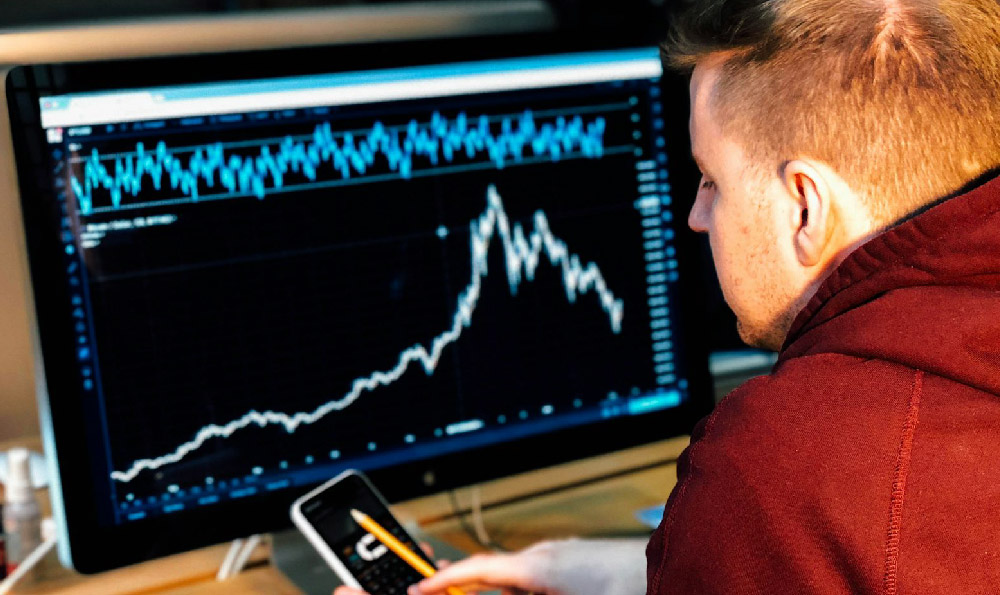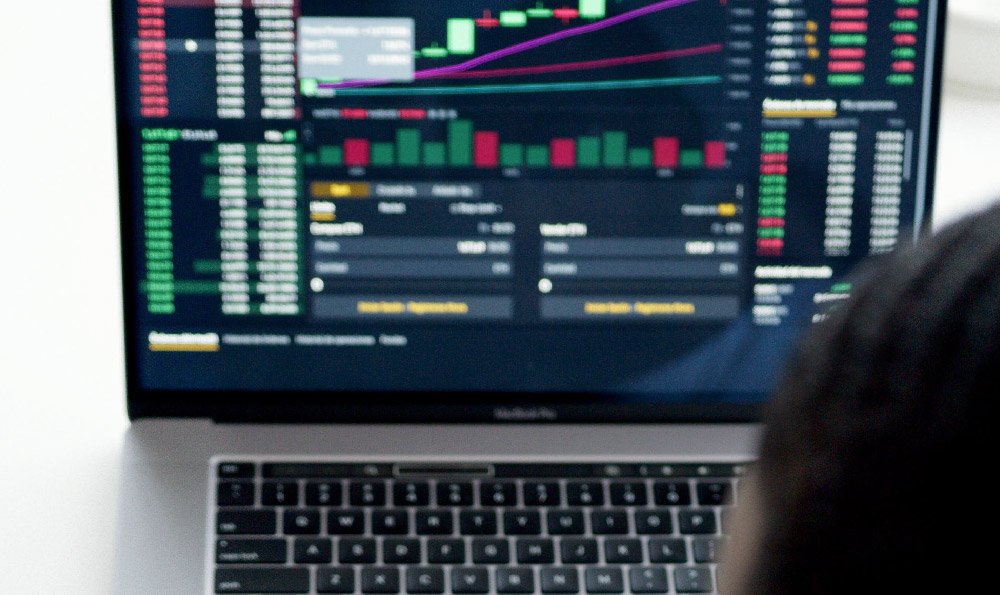Is Forex Trading Profitable? How Do I Earn Money Trading Forex?
The allure of Forex trading, with its 24/5 accessibility and enormous daily trading volume, is undeniable. It promises the potential for substantial profits, drawing in individuals from all walks of life. But is Forex trading genuinely profitable, and if so, how does one actually earn money navigating this complex financial landscape? The answer is nuanced, requiring a deep dive into its mechanics, risks, and the strategies that separate successful traders from those who falter.
Understanding Forex Trading: A Prerequisite for Profitability

Before even contemplating profit, it's crucial to grasp the fundamental principles of Forex trading. The Forex market, or foreign exchange market, involves buying and selling currencies in pairs. You're essentially betting on the relative value of one currency against another. For example, in the EUR/USD pair, you're speculating whether the Euro will appreciate or depreciate against the US dollar.
The core mechanism involves opening a position – either "buying" (going long) if you anticipate the base currency will rise, or "selling" (going short) if you believe it will fall. Profit or loss is determined by the accuracy of your prediction and the magnitude of the currency movement. Understanding concepts like pips (percentage in point), leverage, spreads, and margin is non-negotiable. Pips are the standard unit of measurement for currency price changes, typically representing the fourth decimal place. Leverage allows you to control a larger position with a smaller amount of capital, amplifying both potential profits and losses. Spreads are the difference between the buying and selling price of a currency pair, representing the broker's commission. Margin is the amount of capital required to open and maintain a leveraged position.
Ignoring these fundamentals is akin to navigating a ship without a compass – a surefire recipe for disaster.
The Profitability Paradox: Potential vs. Reality
Forex trading can be profitable, but it's far from a guaranteed path to riches. The market is inherently volatile, influenced by a multitude of factors including economic indicators, geopolitical events, and even seemingly random news announcements. While the potential for high returns exists, so does the risk of significant losses. Many aspiring traders are drawn in by tales of overnight success, often overlooking the inherent challenges and the dedication required.
The reality is that a significant percentage of retail Forex traders lose money. This isn't necessarily due to inherent flaws in the market itself, but rather a combination of factors including:
- Lack of Knowledge and Preparation: Jumping into Forex trading without a solid understanding of market dynamics and trading strategies is a common pitfall.
- Emotional Trading: Letting emotions like fear and greed dictate trading decisions can lead to impulsive actions and poor judgment.
- Inadequate Risk Management: Failing to implement effective risk management strategies can result in devastating losses.
- Over-Leveraging: Using excessive leverage magnifies both profits and losses, potentially wiping out an account in a short period.
- Unrealistic Expectations: Expecting to get rich quickly without putting in the time and effort is a recipe for disappointment.
Strategies for Earning Money in Forex Trading
Earning consistent profits in Forex trading requires a disciplined approach, a well-defined strategy, and a commitment to continuous learning. Here are some key strategies that successful traders employ:
- Developing a Trading Plan: A comprehensive trading plan should outline your trading goals, risk tolerance, chosen currency pairs, trading strategy, entry and exit rules, and risk management protocols.
- Mastering Technical Analysis: Technical analysis involves studying price charts and using various indicators to identify patterns and predict future price movements. Common technical indicators include moving averages, MACD, RSI, and Fibonacci retracements.
- Understanding Fundamental Analysis: Fundamental analysis involves analyzing economic indicators, political events, and other news that can impact currency values. Keeping abreast of economic releases like GDP growth, inflation rates, and unemployment figures is crucial.
- Implementing Robust Risk Management: Risk management is paramount. Always use stop-loss orders to limit potential losses and manage your position size appropriately. Never risk more than a small percentage of your capital on any single trade.
- Choosing a Reputable Broker: Selecting a reliable and regulated broker is essential. Look for brokers with competitive spreads, fast execution speeds, and excellent customer support.
- Practicing with a Demo Account: Before risking real money, practice your trading strategy on a demo account. This allows you to familiarize yourself with the trading platform and test your strategies in a risk-free environment.
- Staying Disciplined and Patient: Forex trading requires discipline and patience. Stick to your trading plan, avoid impulsive decisions, and don't be discouraged by losing trades. Remember that even the most successful traders experience losses.
- Continuous Learning: The Forex market is constantly evolving, so it's important to stay updated on market trends, economic developments, and new trading strategies.
The Role of Leverage: A Double-Edged Sword
Leverage, as mentioned earlier, allows traders to control larger positions with less capital. While it can amplify profits, it also magnifies losses. It's crucial to use leverage judiciously and understand the risks involved. Over-leveraging is a common mistake that can lead to rapid account depletion. A prudent approach is to start with low leverage and gradually increase it as you gain experience and confidence.
Avoiding Common Forex Trading Traps
The Forex market is rife with potential pitfalls that can ensnare unsuspecting traders. Some common traps to avoid include:
- Following the Herd: Avoid blindly following the opinions of others or relying on "hot tips." Conduct your own research and develop your own trading strategy.
- Chasing Losses: Trying to recoup losses by taking on more risk is a dangerous strategy that can lead to even greater losses.
- Ignoring Market News: Staying informed about economic and political events is crucial for making informed trading decisions.
- Being Overconfident: Overconfidence can lead to complacency and poor decision-making. Always remain humble and continue to learn.
- Using Unrealistic Trading Systems: Be wary of trading systems that promise guaranteed profits or require little effort. These systems are often scams designed to take advantage of inexperienced traders.
Conclusion: A Marathon, Not a Sprint
Forex trading is not a get-rich-quick scheme. It requires dedication, discipline, and a willingness to learn. While it can be profitable, it's also inherently risky. By understanding the fundamentals, developing a solid trading strategy, implementing robust risk management, and avoiding common pitfalls, you can increase your chances of success in the Forex market. Remember, it's a marathon, not a sprint. Patience, perseverance, and a commitment to continuous learning are key to achieving long-term profitability.












